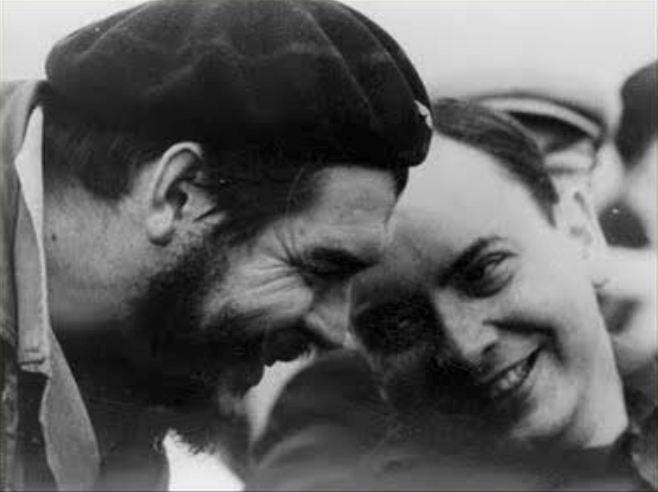Eduardo Coutinho In Memoriam
Poetic injustice. The terrible irony of it. On the same day, the news that the US actor Philip Seymour Hoffman has died from a heroine overdose, and the veteran Brazilian filmmaker Eduardo Coutinho, has been stabbed to death by his son, who is reported to suffer from schizophrenia. (According to a BBC report, the police told a press conference that the son ‘knocked on a neighbour’s door after the attack saying he had “liberated his father”.’) I learn about the first from the mass media, the second from Facebook, in posts from Latin American friends and colleagues, who over the next few hours register a huge outpouring of shock and grief, for Coutinho was well known and much loved. In Latin America, that is, because Coutinho was a documentarist. Still active at the age of 80, his work was little known elsewhere. The more’s the pity, because he was one of the most original of contemporary filmmakers in any field. Read more
